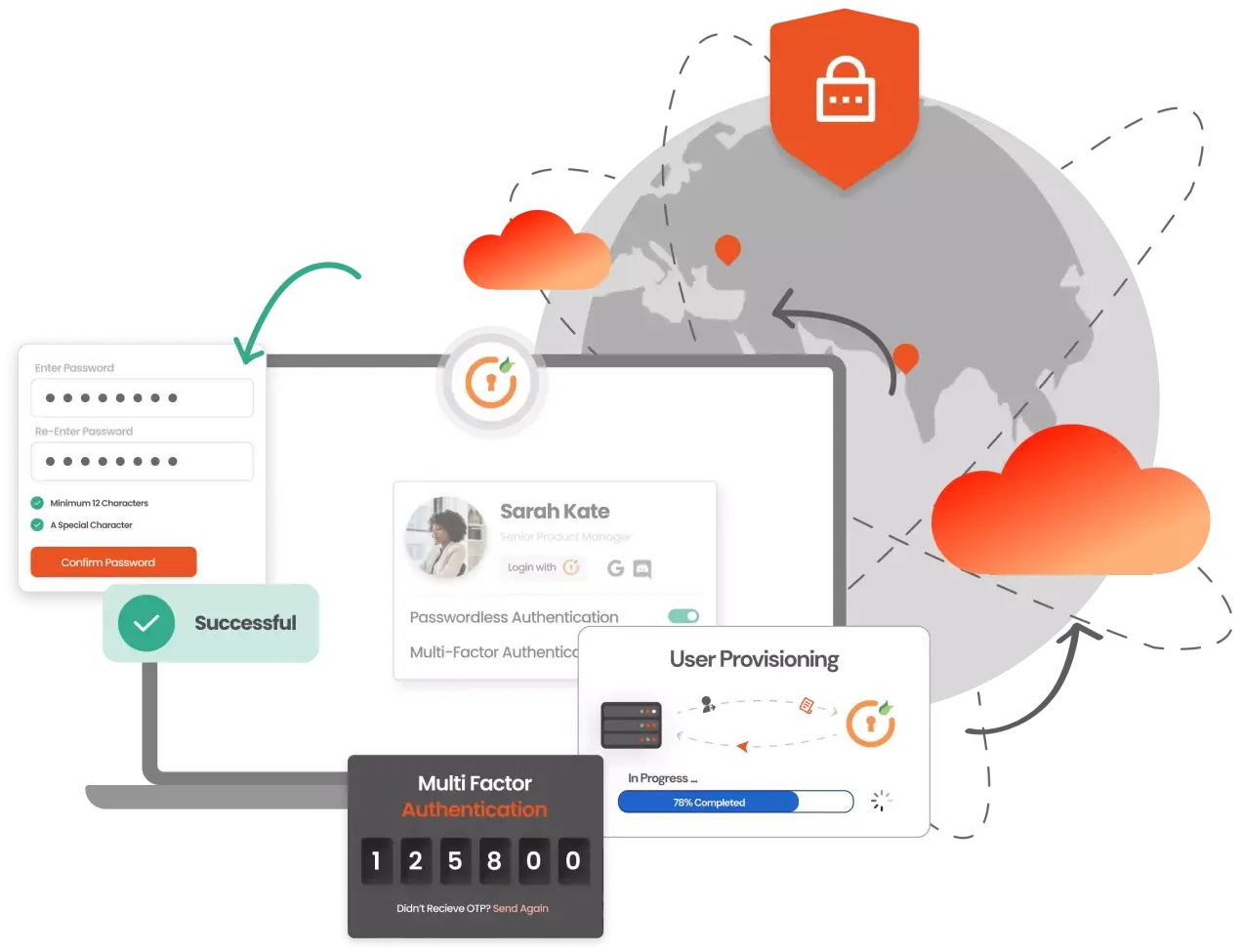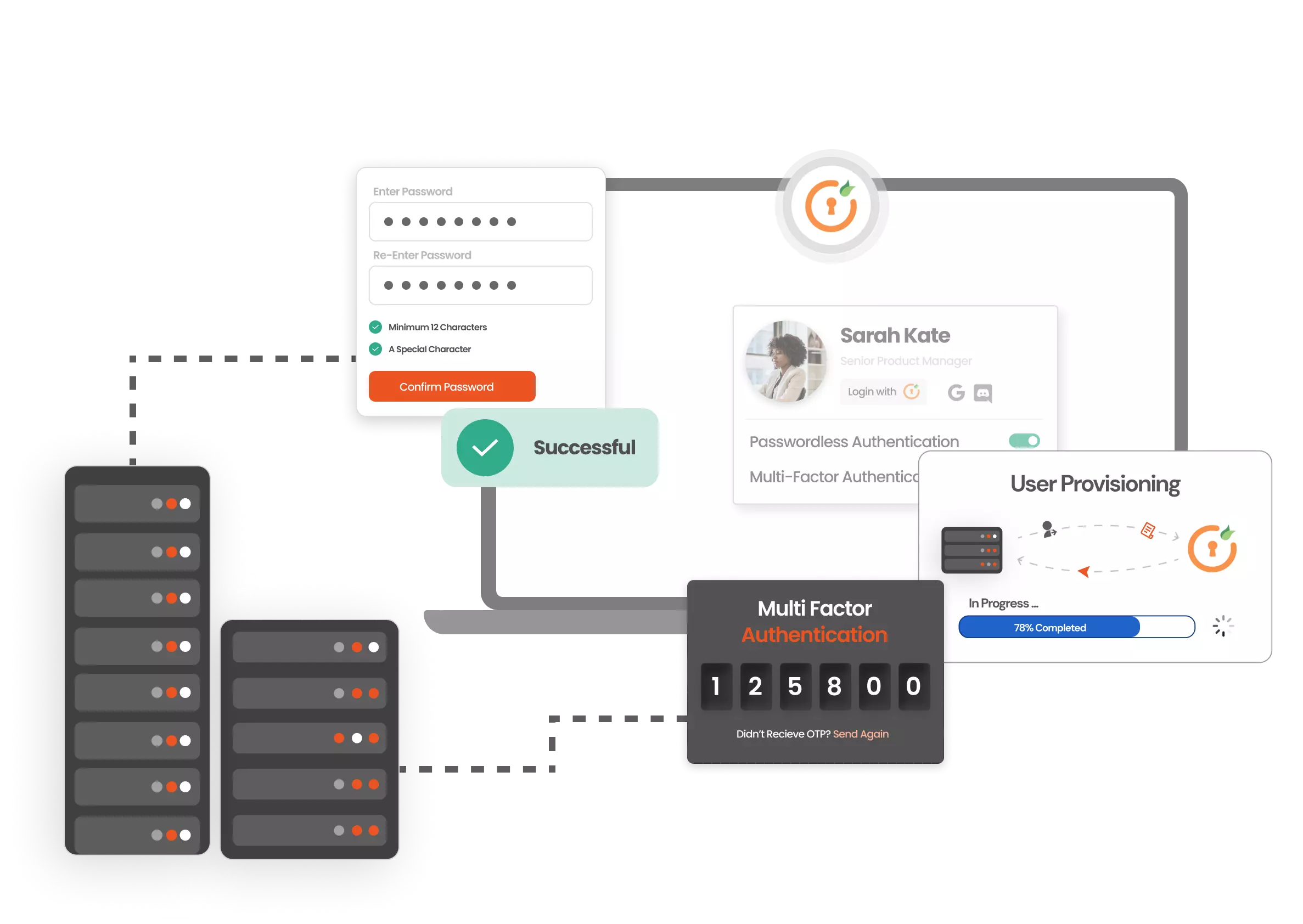Need Help? We are right here!
Search Results:
×In simple terms, the distinction between on-premise and cloud software is locations. On-premises data centers provides complete control over your infrastructure, whereas cloud computing offers cost-effectiveness and seamless scalability for your operations. Choosing between cloud and on-premise deployment depends on factors like scalability needs, budget constraints, data sensitivity, and control preferences. Cloud deployment offers flexibility, quick scalability, and reduced maintenance burden, while on-premise solutions provide greater control over data, customization options, and potential cost predictability. Cloud is beneficial for businesses with fluctuating workloads and limited upfront capital, whereas on-premise is favored by those requiring strict data control, customization, and compliance adherence. Ultimately, the decision hinges on aligning the chosen deployment model with an organization's specific technical requirements and strategic objectives.

Cloud Deployment is a flexible, cost-effective service model where a third-party provider offers virtualized computing resources that are accessible on-demand. It eliminates the need for capital expenditures as the server is hosted offsite, and organizations only pay for what they use. Cloud-based servers ensure data security through regular backups. By subscribing to a cloud deployment service, businesses can avoid upfront costs and maintenance hassles, as the provider handles the servers, network, and software. Data can be stored on a public or private cloud based on specific requirements.

A collection of servers that you privately own and manage make up an on-premises data center. Private data centers that businesses host on their own premises and manage for themselves are referred to as on-premise deployment with on-premise software, everything—including deployment, running the solution, maintenance, security, and updates needs to be handled internally. The software is then deployed on your servers, necessitating the purchase of extra power servers, database software, and operating systems. You have complete control of the system without any intervention from a third party.
Factors |
Cloud |
On-Premise |
| Deployment | Services are hosted on the service provider's premises | Resources are deployed in-house and within an enterprise’s IT infrastructure |
| Control | Businesses have limited control as data and encryption keys are stored by the vendor/ service provider on their infrastructure | Enterprises retain all their data and are fully in control of what happens to it, for better or worse |
| Security | Cloud providers take extra measures to have robust security measures in place to protect their infrastructure | Companies that have extra sensitive information must have a certain level of security and privacy which is managed internally |
| Accessibility | Solution is hosted on a publicly accessible server, hence by default is accessible from all around the globe | As the solution is hosted locally, hence by default services are accessible within the internal network only |
| Cost | The overall cost for cloud deployment is significantly lower as there is no upfront cost for the service, only the operation/usage fee involved | Overall cost is higher in on-premise deployment, as it involves upfront purchase cost for the service and additional cost for the maintenance and updates |
| Implementation & integration | Cloud solutions can be rapidly enabled for organizations, with pre-integrated features for thousands of applications, leading to shorter implementation times | Implementation takes longer due to complete on-site installation, and configuration and integration can take weeks or months to complete |
| Ease of Scalability | With pay-as-you-go service, cloud deployment can be more easily scaled up or down based on the organization's needs | Prior planning is required for scalability or can be a challenge and time-consuming process |
| Maintenance & Updates | The vendor is responsible for ensuring consistent service availability, security, and potential recovery measures, relieving businesses of these responsibilities | Businesses need to plan system updates carefully, as updates can come with additional costs and responsibilities for on-premise deployment and validation |
| Compliance | The vendor is responsible for ensuring consistent service availability, security, and potential recovery measures, relieving businesses of these responsibilities | Companies adopting cloud computing must ensure their chosen provider complies with industry regulations through thorough due diligence. |
A hybrid system is a combination of on-premise deployment and cloud deployment infrastructure, with technologies that link various cloud resources and streamline the management and coordination of workloads in the cloud. With a hybrid system, some data servers are located on the organization’s premises, but they are shared across different locations within the company via the cloud. Additionally, A hybrid cloud infrastructure depends on the availability of a public cloud platform from a trusted third-party provider.
By utilizing a hybrid system, businesses can securely store their sensitive data either on-premises or in the private cloud while having more control over it. Meanwhile, they can take advantage of the robust computational resources, flexibility, and scalability of the public cloud by hosting less sensitive data in it.
When deciding between Cloud deployment vs On-Premise deployment for your business, it's important to consider a variety of factors to determine which solution best fits your needs. To make an informed decision, here are some key questions you should ask yourself:
